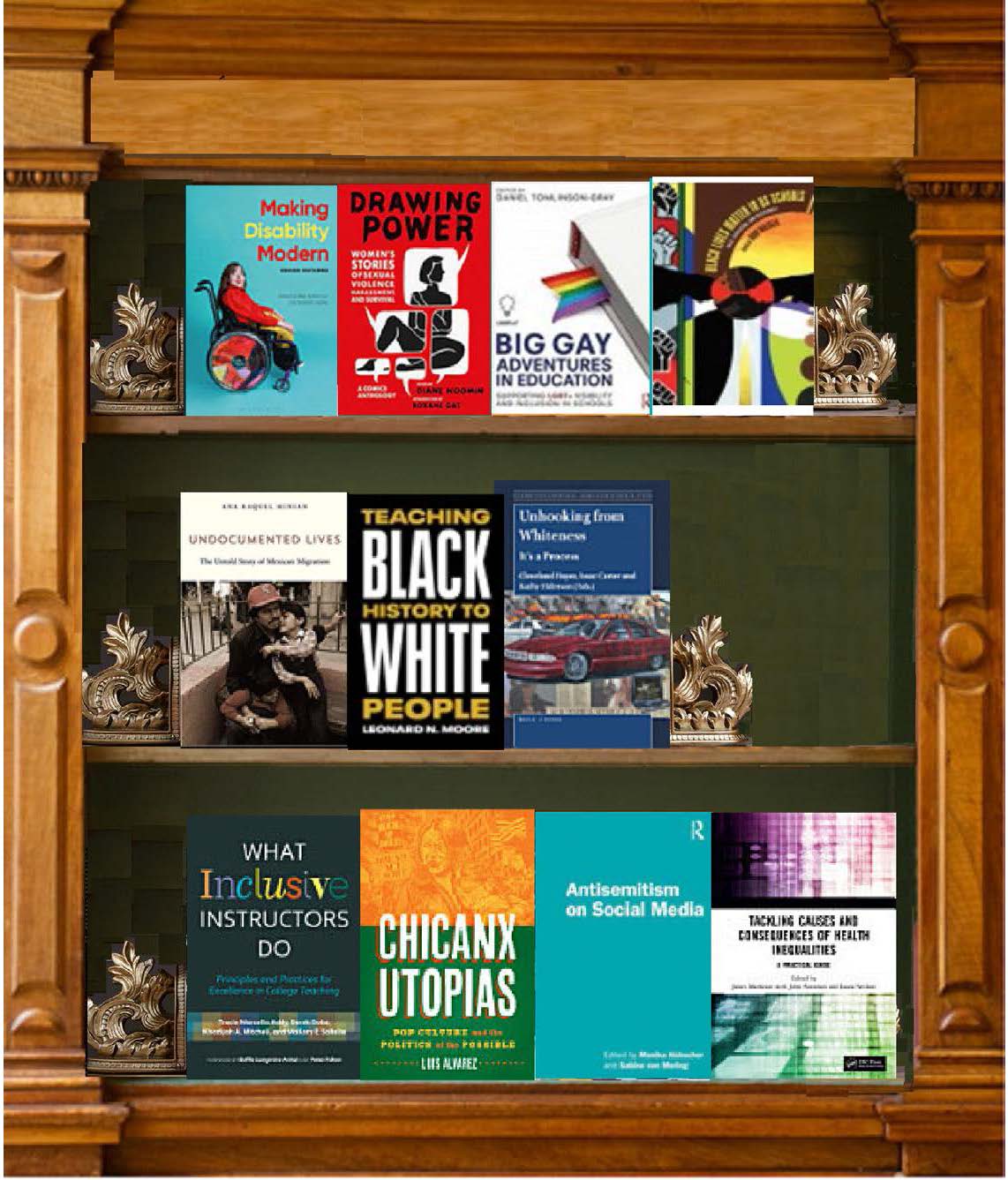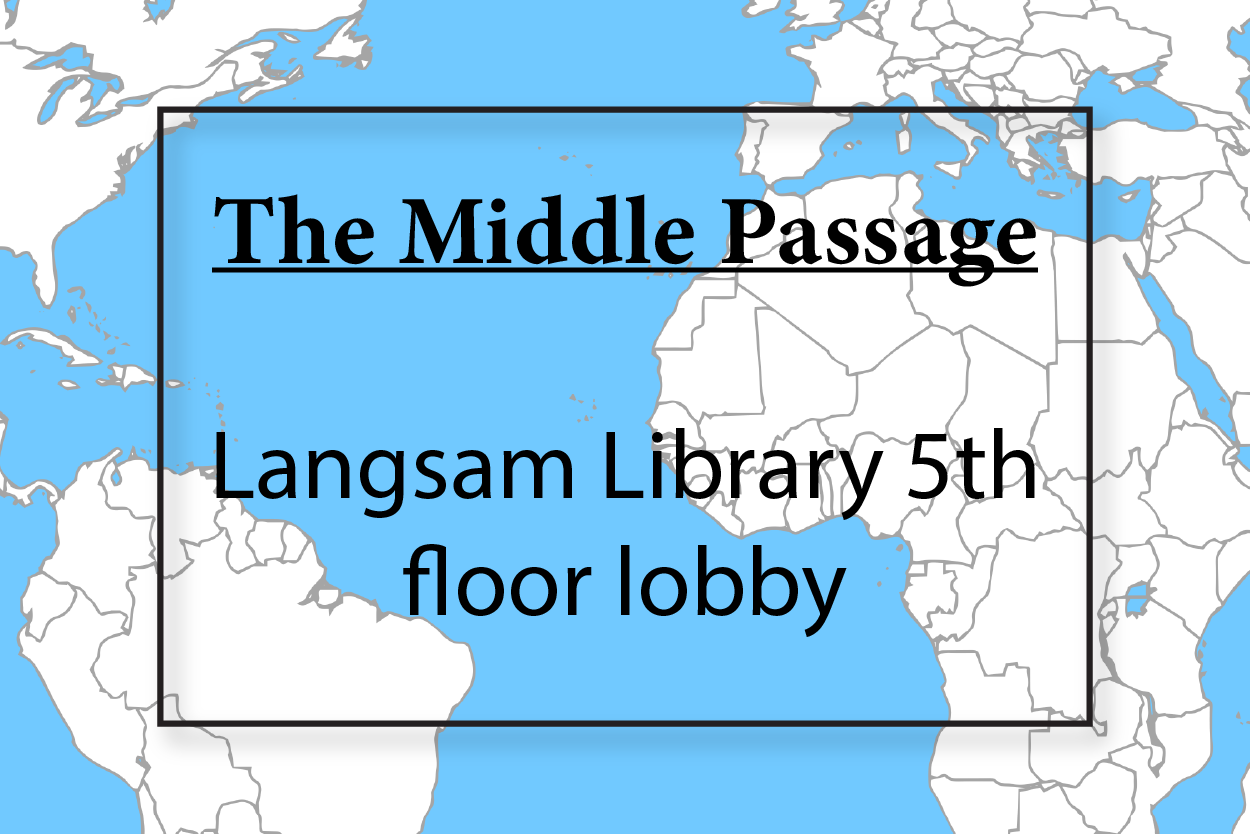 The 2015 U.S. Transgender Survey
The 2015 U.S. Transgender Survey
By Tiffany Grant, PhD, CDE®
Much of what is included in this post is taken from the Executive Summary (1), which is extremely revealing and detailed regarding the survey and its findings.
The U.S Transgender Survey (USTS) was conducted in the summer of 2015 by the National Center for Transgender Equality. It was an anonymous, online survey for transgender adults (18 and older) in the United States that was made available in English and Spanish. It is the largest survey examining the experiences of transgender people in the United States, with 27,715 respondents from all fifty states, the District of Columbia, American Samoa, Guam, Puerto Rico, and U.S. military bases overseas. The survey was a follow up to the 2008–09 National Transgender Discrimination Survey, which helped to shift how the public and policymakers view the lives of transgender people and the challenges they face. The USTS provided detailed evidence and experiences shared by transgender people from a range of categories including education, employment, family life, health, housing, and interactions with the criminal justice system.
Survey findings reveal disturbing patterns of mistreatment and discrimination and startling disparities between transgender people in the survey and the U.S. population when it comes to the most basic elements of life, such as finding a job, having a place to live, accessing medical care, and enjoying the support of family and community. Respondents experienced harassment and violence at alarmingly high rates. The findings reveled that mistreatment, harassment, and violence were pervasive in the lives of transgender people and was present in every aspect of their lives. Over half the respondents had been verbally assaulted, nearly a quarter of them had been physically assaulted, and 13% reported sexual assaults all as result of being transgender1. Nearly 1/3 of individuals reported being fired, denied a promotion, or experiencing some other form of mistreatment in the workplace due to their gender identity or expression. This has led to poverty rates that are more than double than the US average among the transgender community. “Among the starkest findings is that 40% of respondents have attempted suicide in their lifetime—nearly nine times the attempted suicide rate in the U.S. population (4.6%) (1)”.
The survey data also reveals disturbing higher disparities among transgender people who have disabilities, are of color, and who are disabled. These include higher rates of unemployment, poverty, discrimination, health disparities, violence and suicide. The reports also reveal some glimmers of hope. The survey found that 4x more people responded to the survey than the previous National Transgender Discrimination Survey, suggesting that more were willing to use their voices to impact potential changes. The survey also revealed more acceptance of transgender status among families and friends of those who identify in this way.
ICPSR has the data collected from the survey and information regarding the survey instrument and topics incuded2. The following information was taken directly from the ICPSR site for the USTS.
“The survey instrument had thirty-two sections that covered a broad array of topics, including questions related to the following topics (in alphabetical order): accessing restrooms; airport security; civic participation; counseling; family and peer support; health and health insurance; HIV; housing and homelessness; identity documents; immigration; intimate partner violence; military service; police and incarceration; policy priorities; public accommodations; sex work; sexual assault; substance use; suicidal thoughts and behaviors; unequal treatment, harassment, and physical attack; and voting.
Demographic information includes age, racial and ethnic identity, sex assigned at birth, gender and preferred pronouns, sexual orientation, language(s) spoken at home, education, employment, income, religion/spirituality, and marital status (2).”
For more information or to access the data, please refer to this link.
References
(1) 2015 U.S. Transgender Survey Report. 2022 U.S. Trans Survey. https://www.ustranssurvey.org/reports (accessed 2023-02-09).
(2) James, S. E.; Herman, J.; Keisling, M.; Mottet, L.; Anafi, M. 2015 U.S. Transgender Survey (USTS): Version 1, 2019. https://doi.org/10.3886/ICPSR37229.V1.
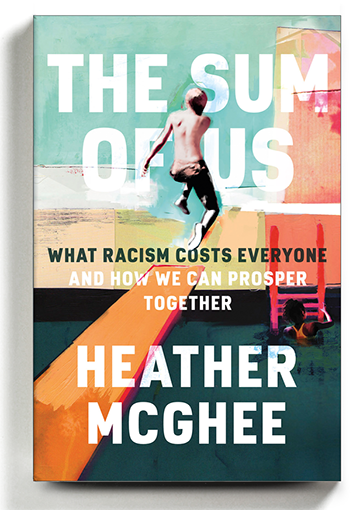

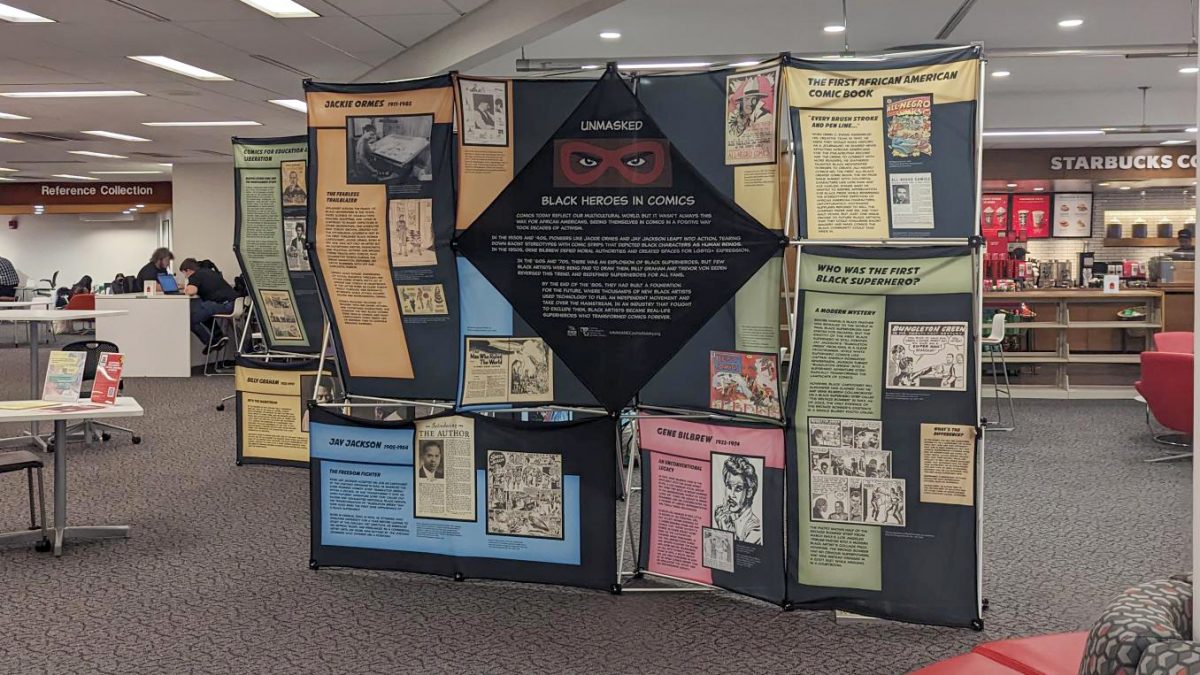
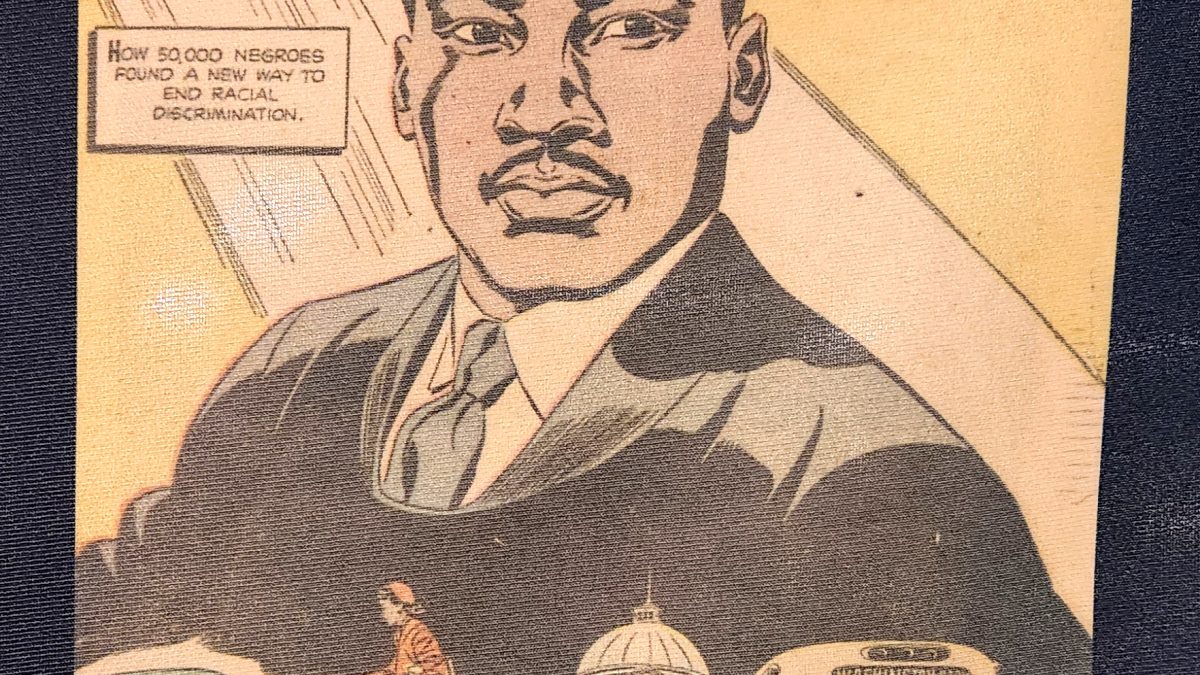
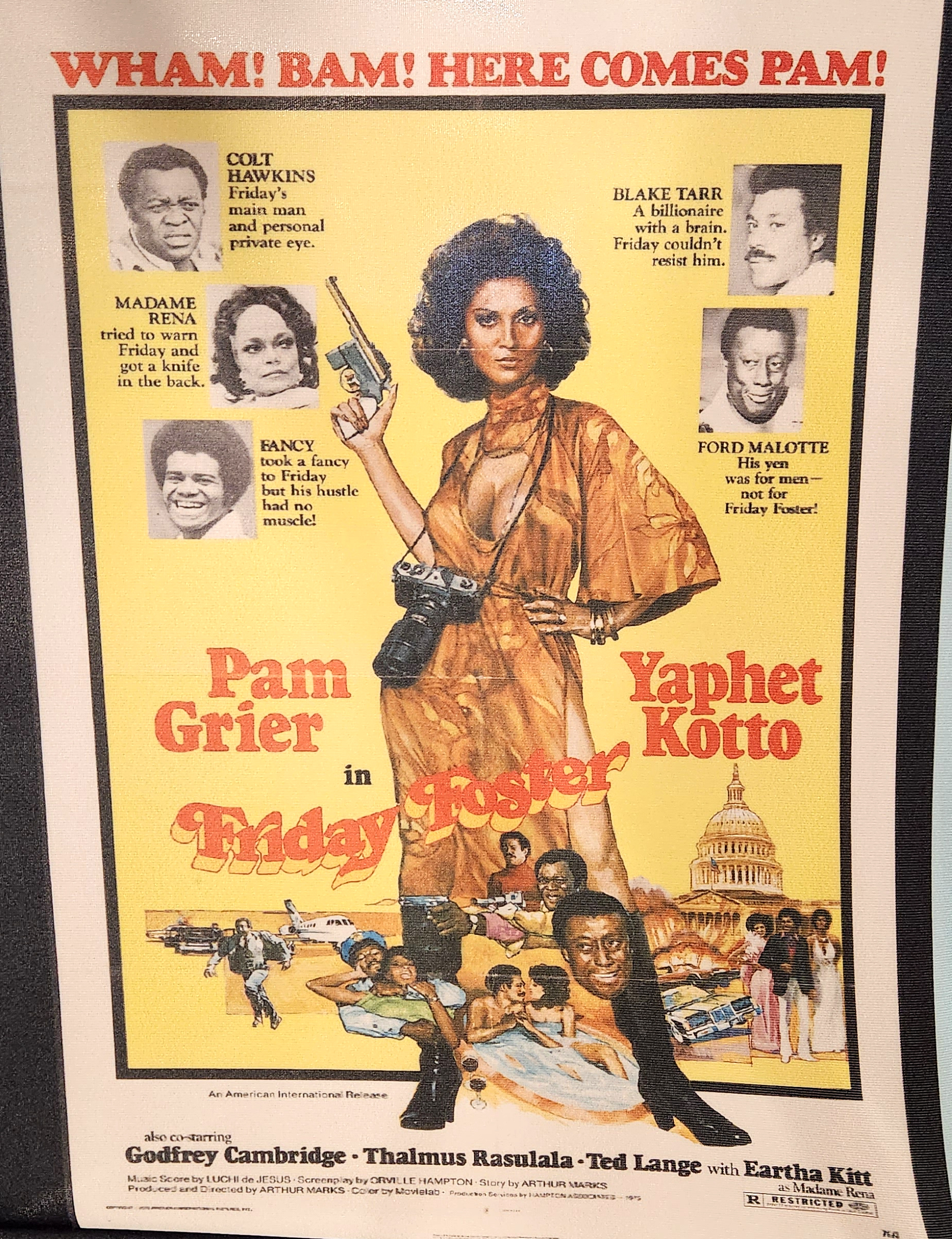
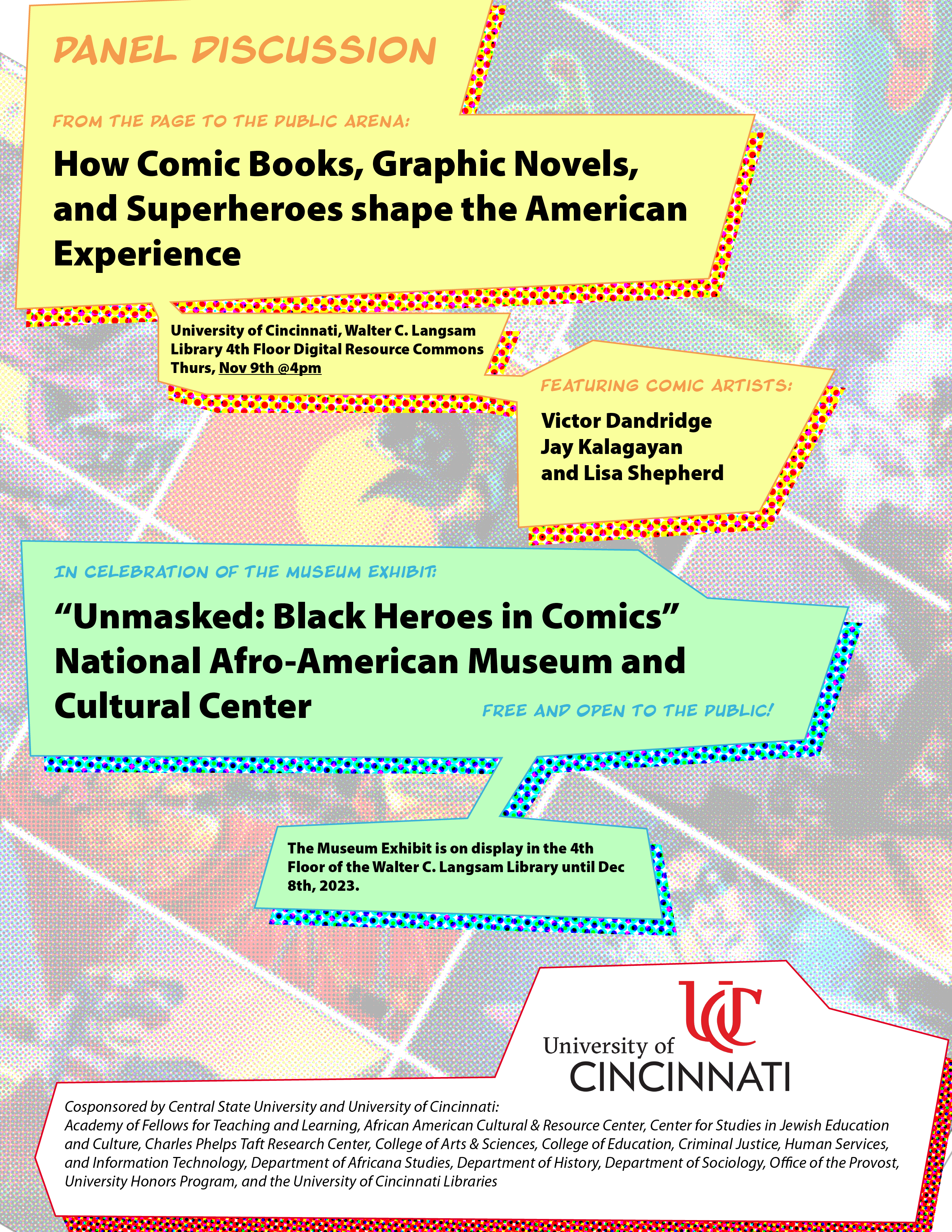
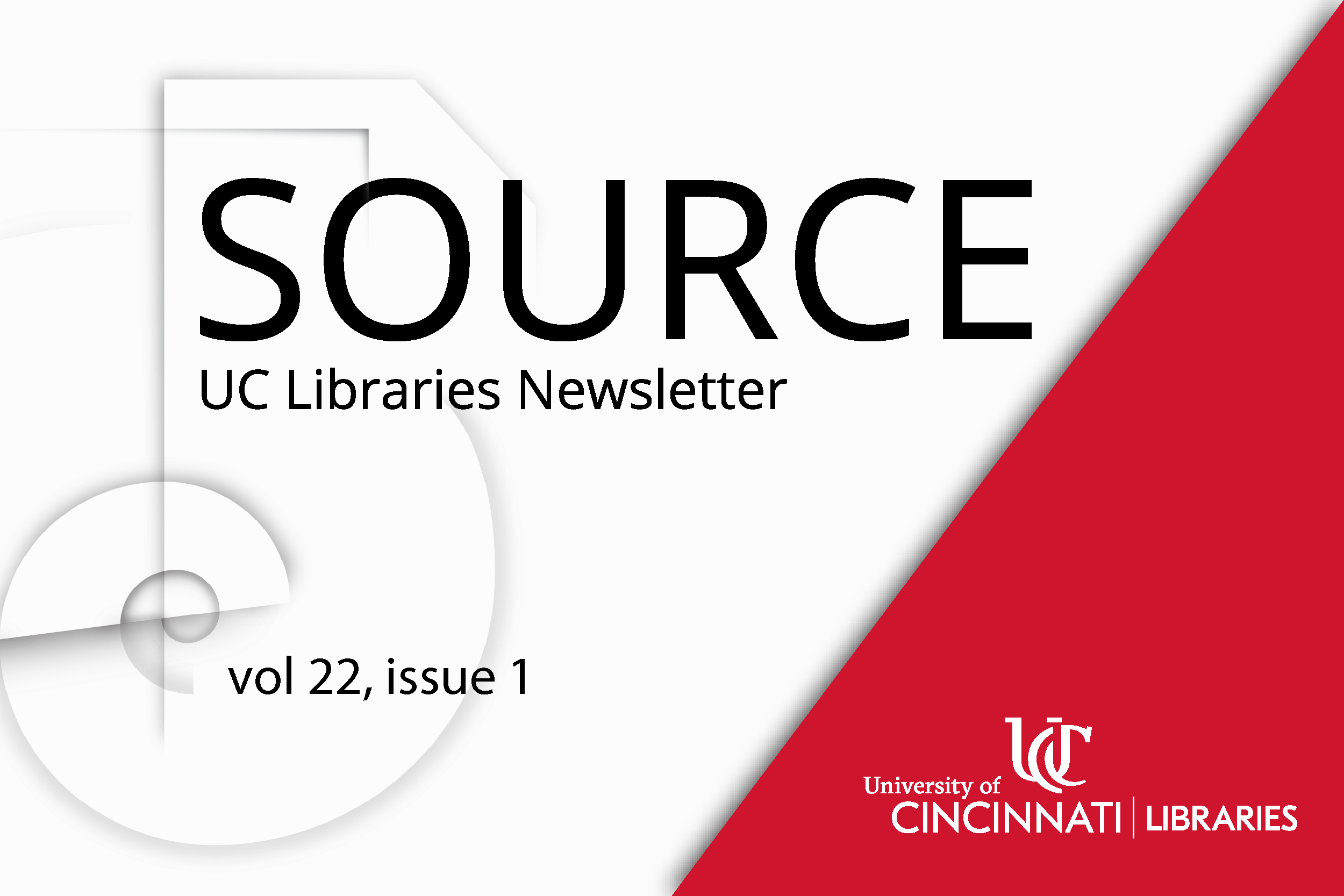
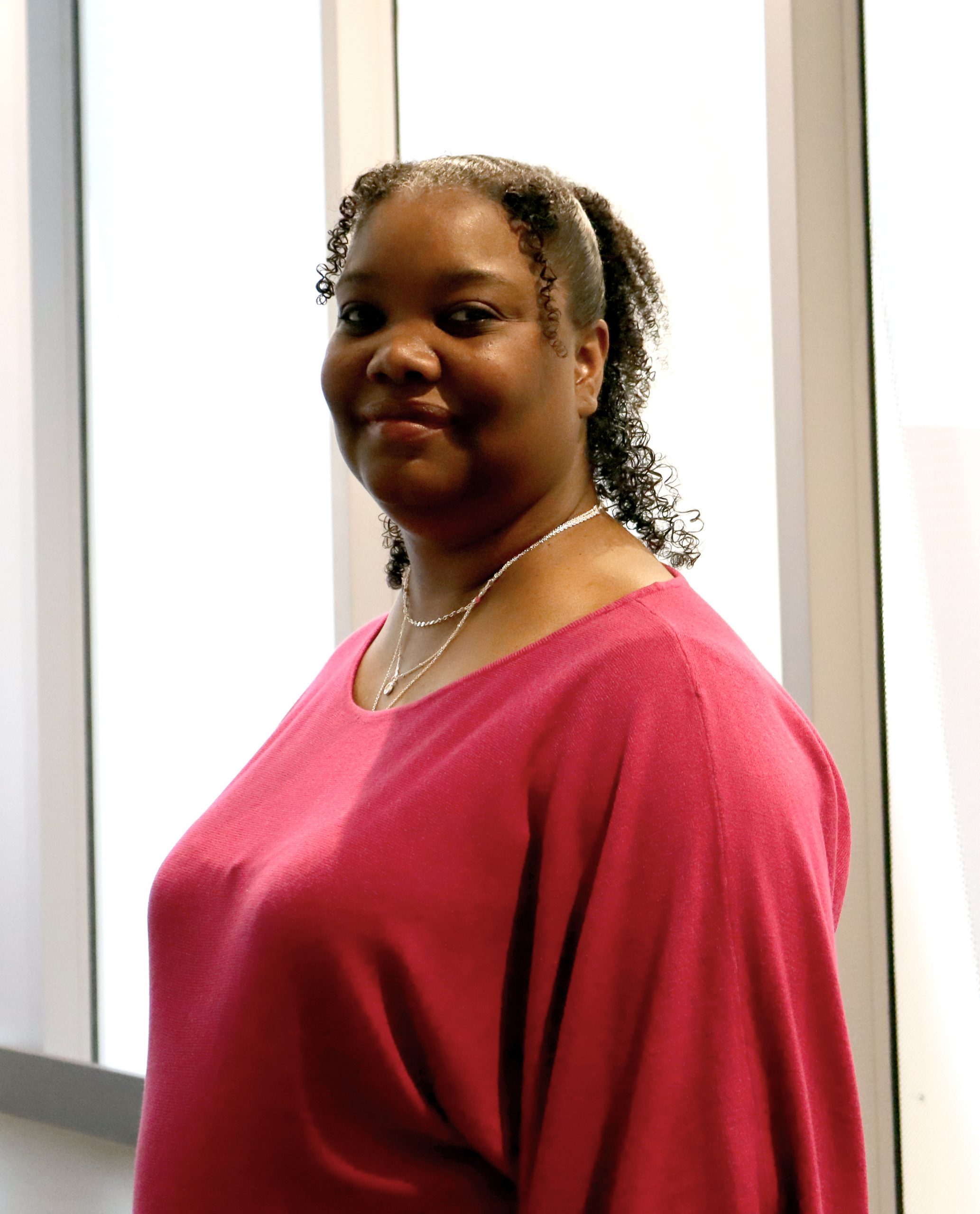 Tiffany Grant, PhD, assistant director for research and informatics and co-director of the University of Cincinnati Libraries Research and Data Services Unit, in a ceremony held April 4, was honored to receive the 2023 Marian Spencer Equity Ambassador Award for Faculty. Named for the celebrated civil rights activist, this award is designed to showcase current campus-affiliated individuals and groups whose efforts relate to diversity, equity and inclusion and who have had a positive impact on the university.
Tiffany Grant, PhD, assistant director for research and informatics and co-director of the University of Cincinnati Libraries Research and Data Services Unit, in a ceremony held April 4, was honored to receive the 2023 Marian Spencer Equity Ambassador Award for Faculty. Named for the celebrated civil rights activist, this award is designed to showcase current campus-affiliated individuals and groups whose efforts relate to diversity, equity and inclusion and who have had a positive impact on the university.